What Is Natural Insect Repellent?
Natural insect repellents contain substances made from plant oils (leaves, stems, barks, or flowers) that are applied to skin or clothing and are used to deter insects. These plant oils include oils of lemon eucalyptus (OLE), citronella, peppermint, lavender, and cedarwood. Many people prefer these oils to traditional DEET-based products because of concerns about DEET exposure, especially for small children. However, any substance, natural or manmade, can be unsafe for children or allergenic to sensitive people, so be sure to carefully read labels for any natural insect repellent before applying to children or sensitive individuals.

How Do Natural Insect Repellents Work?
Most natural insect repellents work by emitting many so-called volatile molecules—meaning molecules that are easily vaporized—into the air, giving off a scent that mosquitoes dislike. As the molecules leave the skin and are emitted into the air around the area of application, they form a protective shield.
Using Natural Insect Repellents vs. DEET
Natural insect repellents, like DEET, are not considered insecticides, substances that kill insects. (Permethrin, another common mosquito deterrent, is actually an insecticide that is synthesized to mimic a substance emitted by the chrysanthemum plant. It kills mosquitoes on contact.) While both DEET and natural repellents release molecules into the air, DEET is less volatile and therefore releases them more slowly, so it doesn’t need to be reapplied as often. Most natural insect repellents, however, due to their inherent volatility, must be applied at regular intervals in order to offer continued protection. The exception to this, according to New Mexico State University researchers, is oil of lemon eucalyptus, which was found to be nearly as effective and long-lasting as DEET-based products.

Both traditional and natural insect repellents are effective at preventing bites. If you are concerned about avoiding serious insect-borne disease from mosquitoes and ticks and you are in an area with high infestation it may be best to use DEET for longer-term protection without reapplication. But for low-risk environments and backyard enjoyment, natural repellents, when applied correctly, can serve you well.

If you are looking for a natural mosquito & tick repellent or natural no-see-ums spray, ours are uniquely formulated to be family-friendly.
- T. Lacoma, “11 Natural Bug Repellents Worth Trying,” Family Handyman, updated March 20, 2019, https://www.familyhandyman.com/list/11-natural-bug-repellents-worth-trying/.
- Avital Andrews, “Does Natural Mosquito Repellent Actually Work?,” SmarterTravel, June 5, 2019, https://www.smartertravel.com/natural-mosquito-repellent-bug-spray/.
- K. Toynton, B. Luukinen, K. Buhl, D. Stone, “Permethrin: General Fact Sheet,” National Pesticide Information Center, Oregon State University Extension Services, July 2009, http://npic.orst.edu/factsheets/PermGen.html. Susan Brink, “A Guide to Mosquito Repellents, from DEET to...Gin and Tonic?,” Goats and Soda, NPR, June 30, 2018.



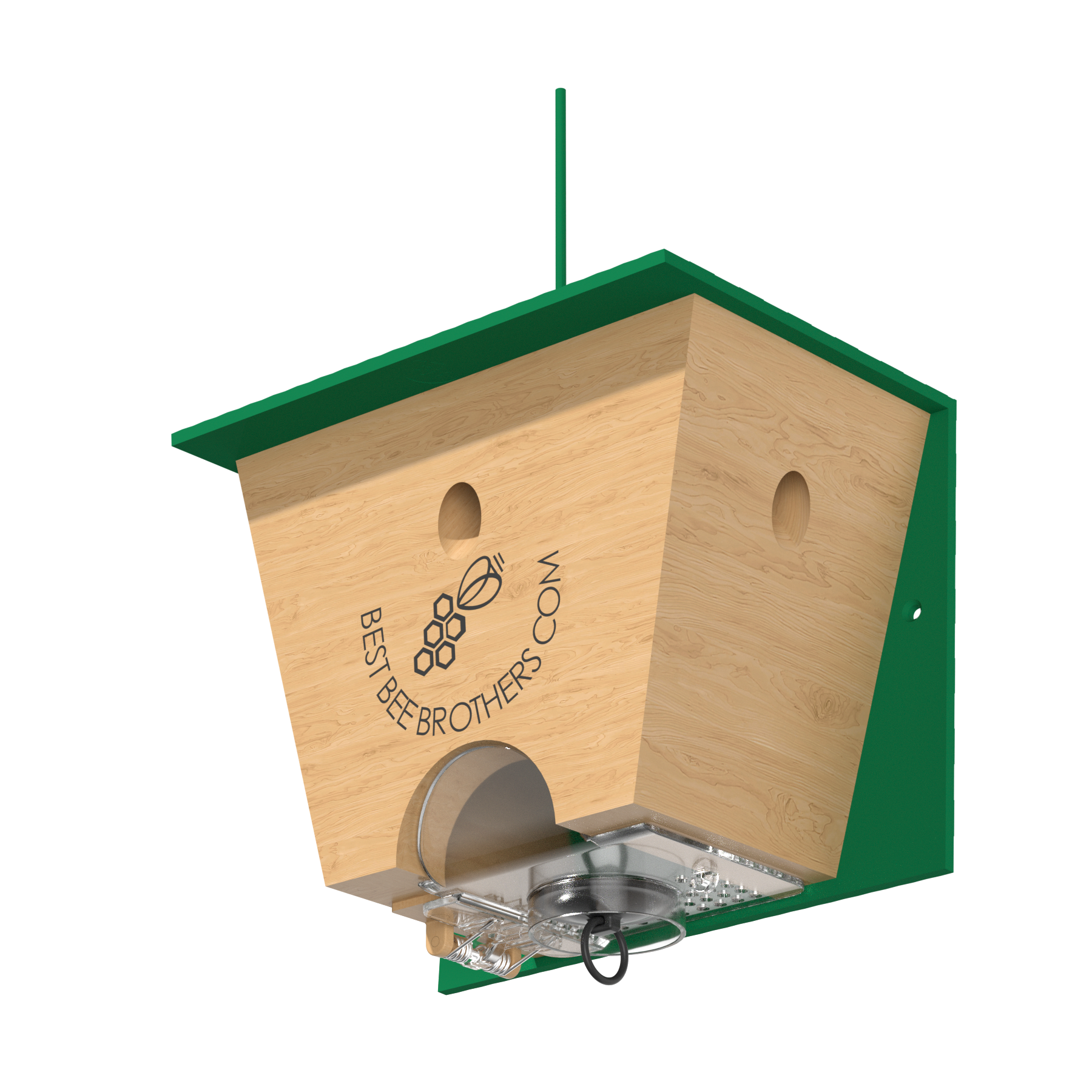
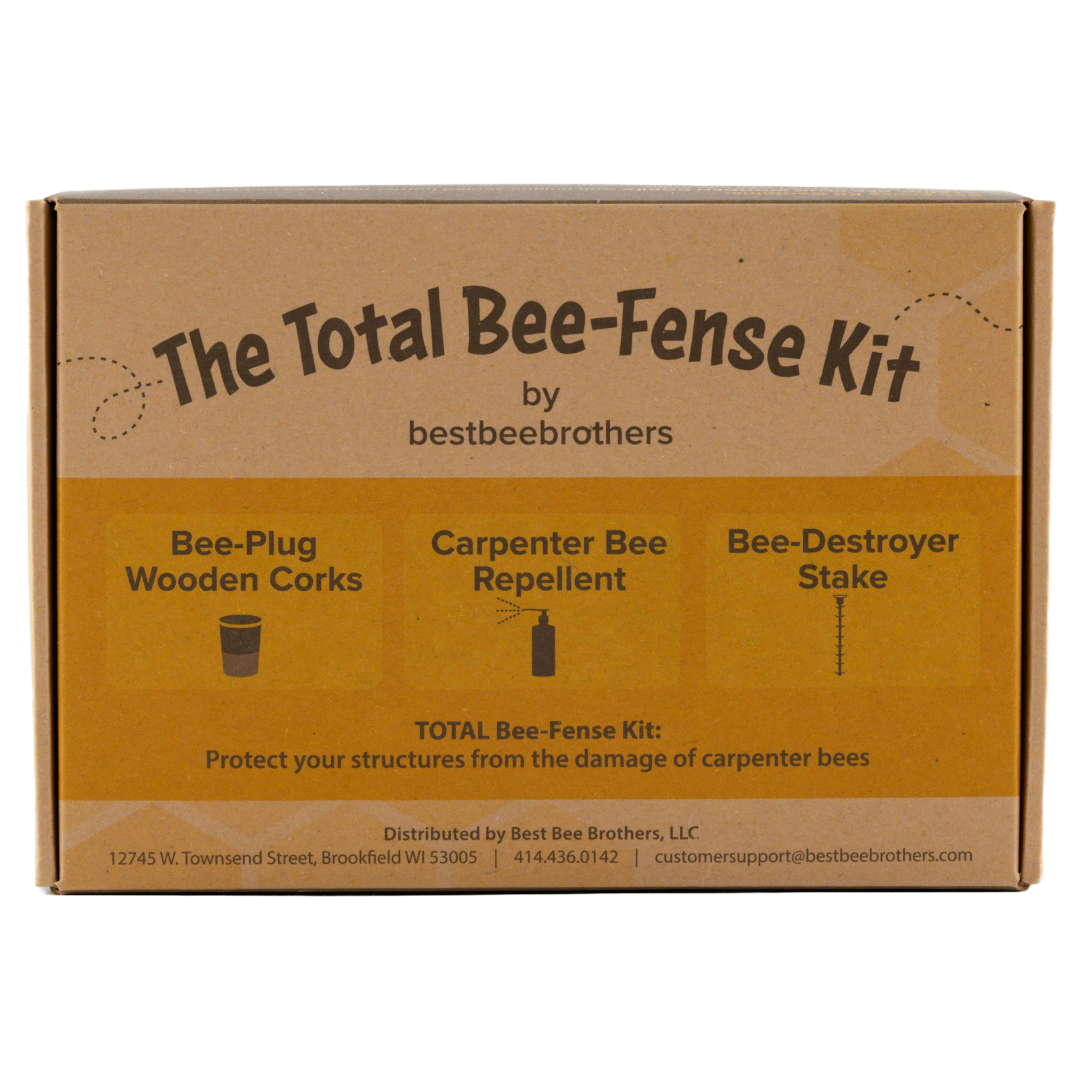
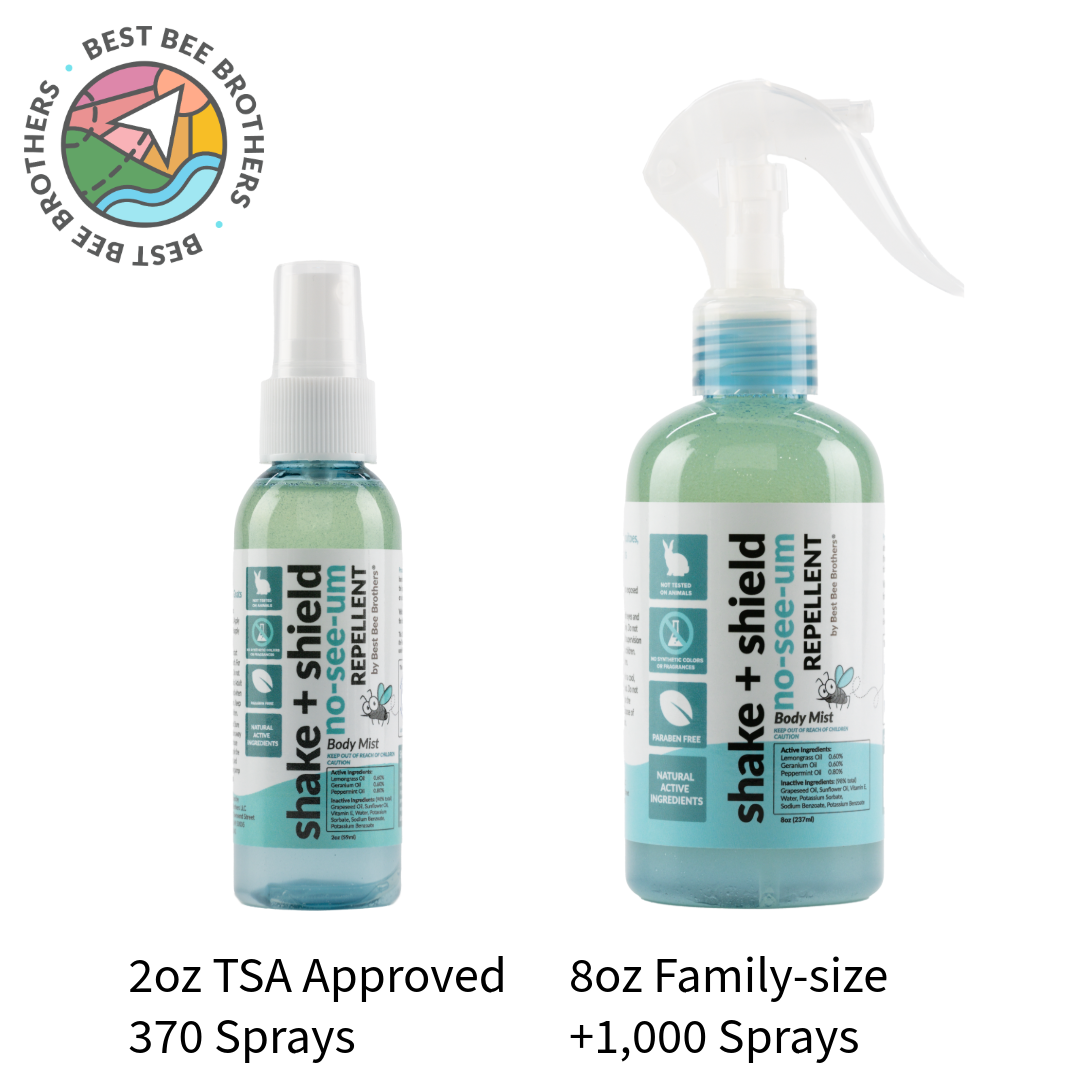
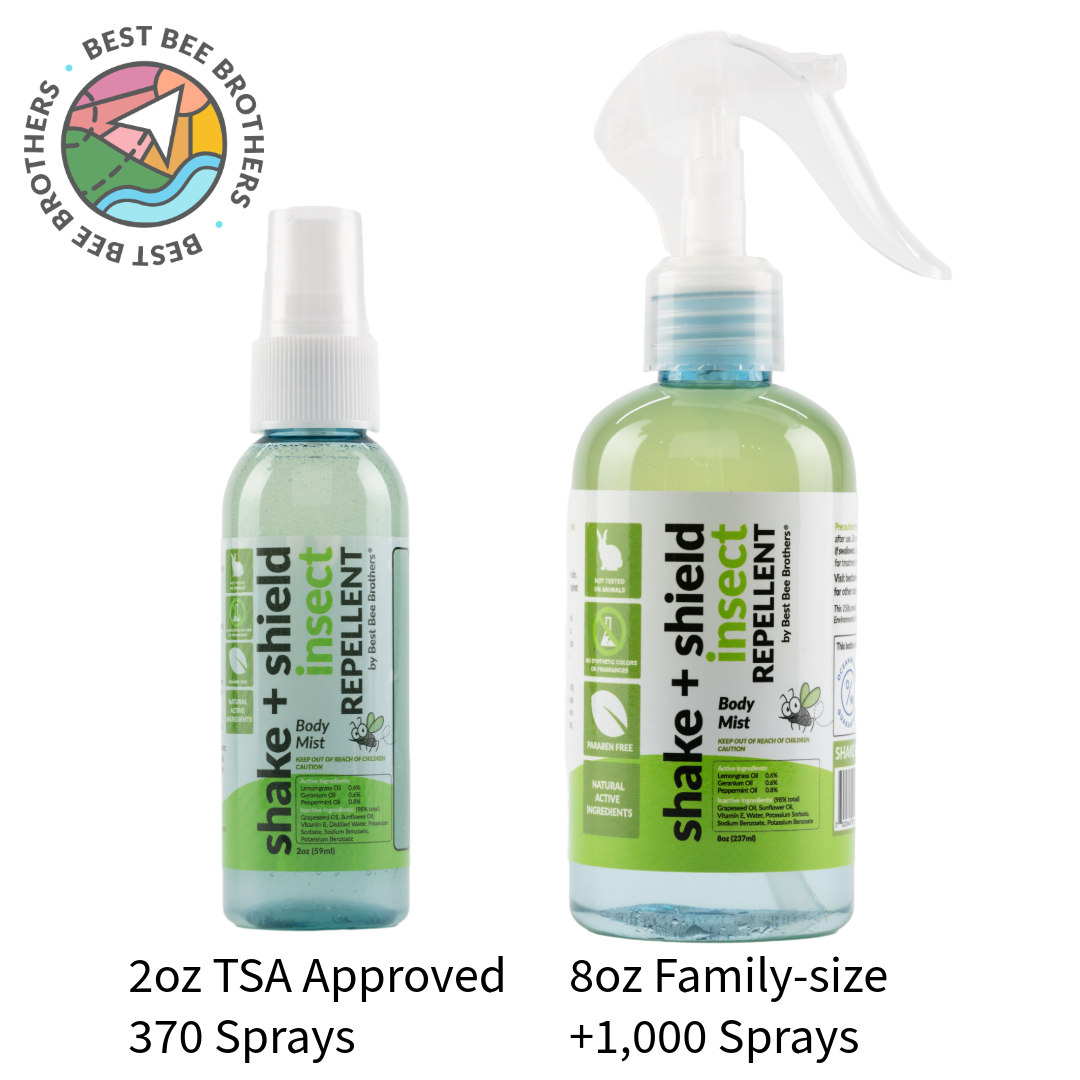
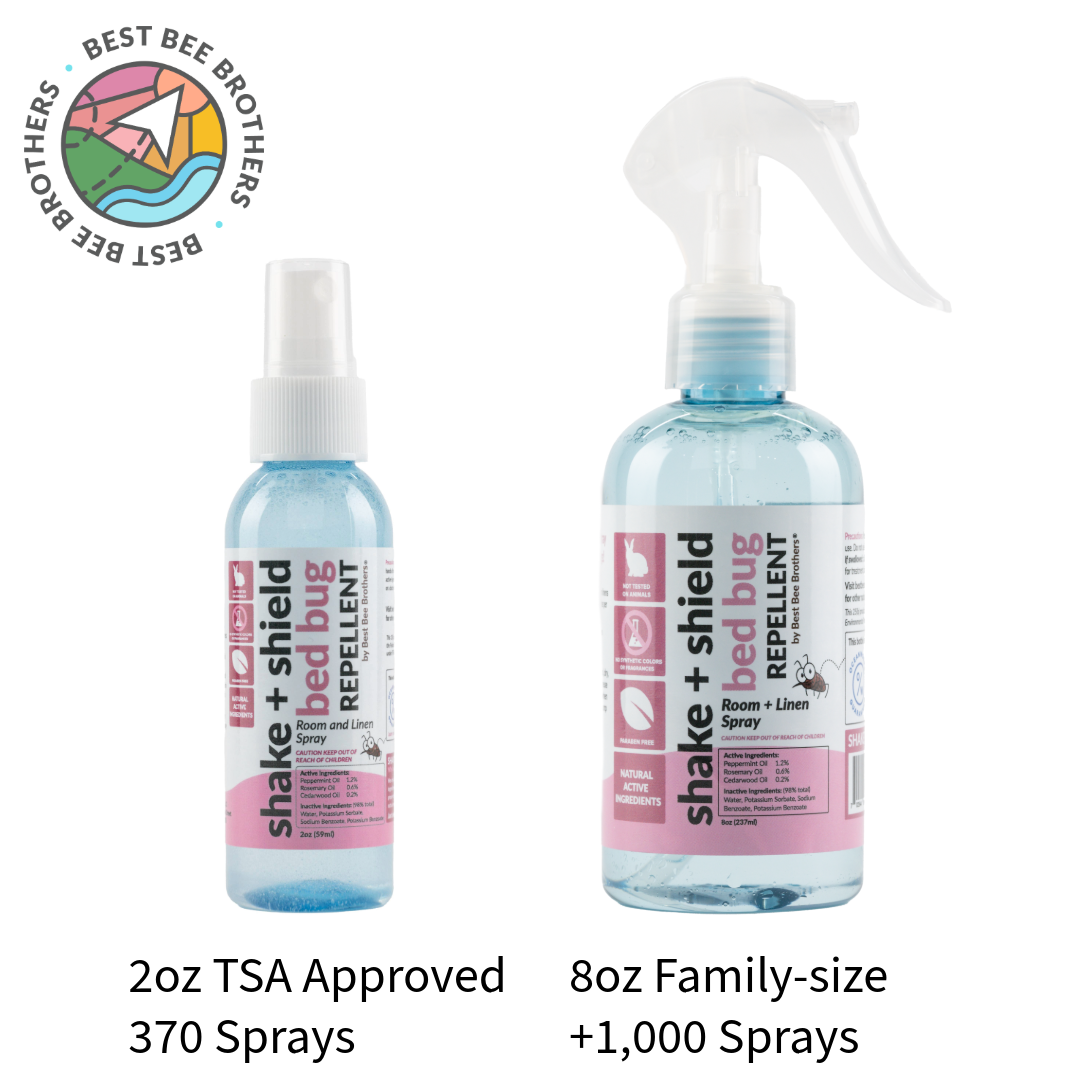
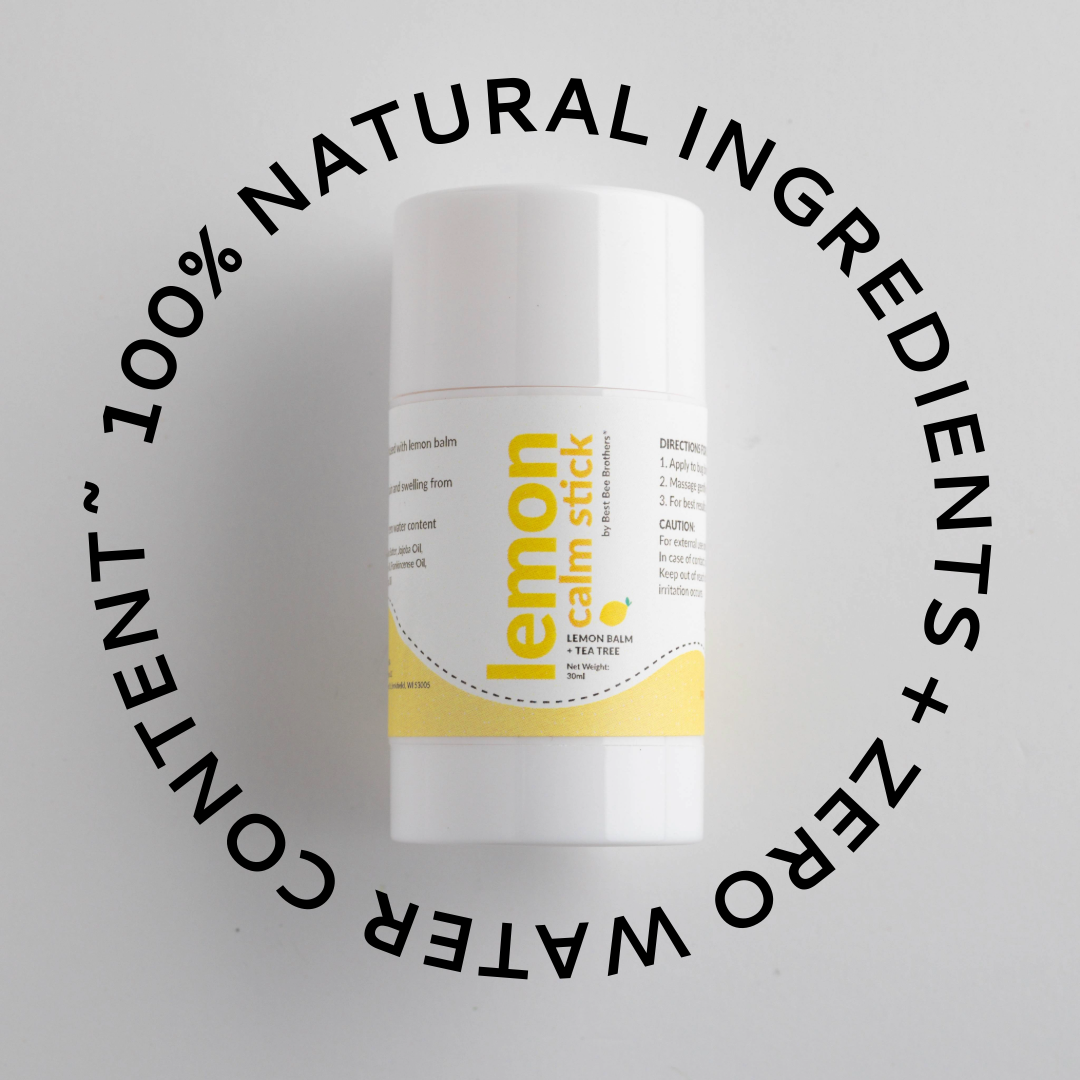
Leave a comment
All comments are moderated before being published.
This site is protected by hCaptcha and the hCaptcha Privacy Policy and Terms of Service apply.